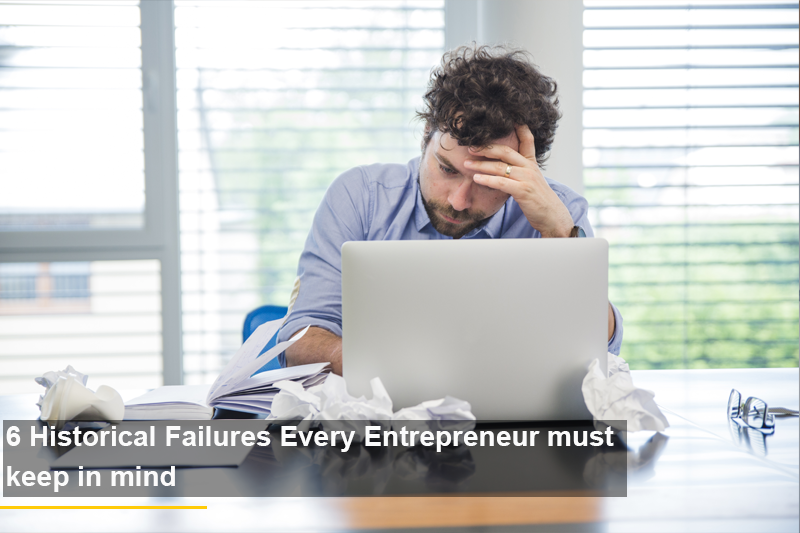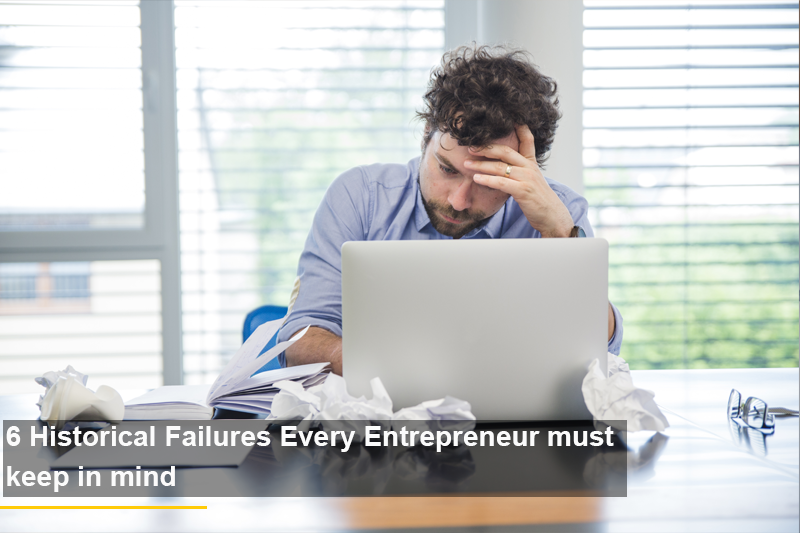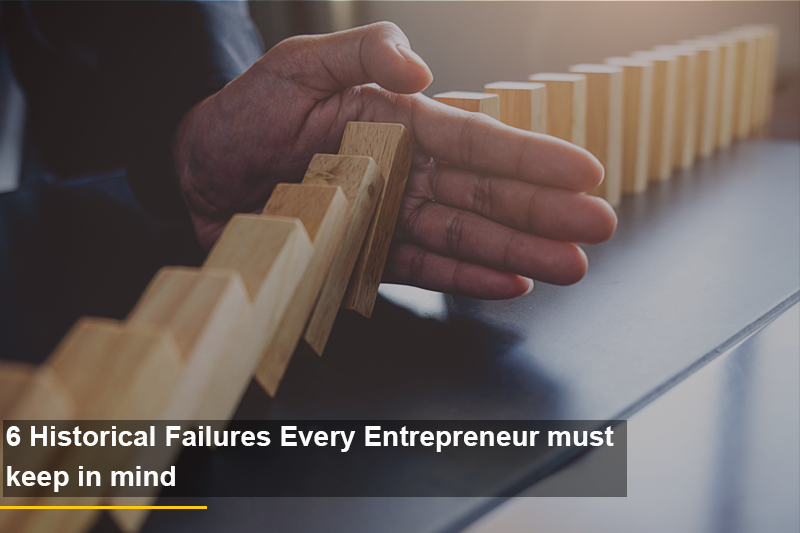Sixteen years ago, Serge Tchuruk launched the concept of a “fabless” company (without factories). His group, Alcatel, employed 150,000 people in more than a hundred countries. As of 2006, this flagship of the CAC 40 had only 58,000 employees. Today, it has been absorbed by Nokia, certainly after an unhappy marriage with the American Lucent, but above all a victim of an idea that has been long-lasting.
Here are the notions and attitudes to be forgotten to ensure the survival of your company.
1. PLAY THE JACK-OF-ALL-TRADES
In July 2016, Yahoo! was acquired for less than $5 billion by Verizon, a mobile phone operator. Twelve years ago, this Web pioneer was worth $43 billion. Why such a slump? “Yahoo! has been a news portal, a search engine, an e-mail service and a stock exchange company, but it has never become the best in any of these markets,” says Frédéric Fréry, professor of strategy at ESCP Europe. Because, if you have to decide what you do, you also have to know what you don’t do.
Another misguided jack-of-all-trades is Areva, which has diversified excessively since 2000, operating uranium mines, reprocessing waste, designing power plants and maintaining them… Nearly went bankrupt and in debt, the group returned to its original business, fuel.
2. WANTING TO GROW TOO FAST
This is the fashionable goal among start-ups: to grow faster than others in order to take over the market, according to the adage “winner takes all”. “These companies burn their cash to buy market share. But they forget that a company that isn’t profitable dies. It’s a silly game where whoever loses the most money has won,” says Frédéric Fréry. An example of a victim: the Take Eat Easy site, which in 2013 will launch a bicycle delivery service for restaurant meals in Brussels. In one year, the start-up, which had grown from 10 to 160 employees, raises 16 million euros and multiplies by ten the number of cities served and restaurants listed … Successive fund-raising drives the reactor. Except that in the third round, the investors refused to put back to the pot, condemning the company to receivership. “Uber lost nearly $5 billion in two years. We can be worried…”, notes Frédéric Fréry.
3. ABUSING SUPPLIERS
Abusing power against your providers doesn’t pay. Apple, for example, had developed with the glassmaker Corning an ultra-resistant material for the screen of its iPhone. But instead of forging an alliance, or even filing a joint patent, Apple put Corning under pressure… In 2013, Corning offered its technology to Samsung, taking away Apple’s competitive advantage. “A supplier is first of all a partner,” explains Hugues Poissonnier, professor of economics at Grenoble Ecole de management. It is better to rely on its creativity than to impose binding specifications.”
4. ATTEMPTING TO MARRY WATER AND FIRE
There are countless genius ideas that end up in a commercial flop. In 2007, after a brilliant career at the software company SAP, Israeli entrepreneur Shai Agassi had a good intuition: instead of recharging the batteries of electric cars, why not replace them? He created Better Place and worked with Renault on an electric car whose battery can be changed in a few minutes. Alas, in 2013, after installing 1,804 terminals in Israel and investing 850 million dollars, Better Place is drowning in debt, even though barely a thousand electric vehicles have been sold. The mistake? “An oversized network compared to the market. And an unnatural alliance with Renault, a group anchored in its market and with divergent objectives,” notes Aurore Haas, who teaches strategy at the Skema Business School. Carlos Ghosn said at the time: “We are car manufacturers, not electricity distributors.”
5. THINK THAT STEWARDSHIP WILL FOLLOW
The business schools do not fail to warn future leaders of the dangers of unfunded growth. And yet… “Growth is always seen as something positive. But it mechanically generates an explosion in working capital,” notes Frédéric Fréry. Zodiac Aerospace, whose acquisition by Safran was announced in January, knows something about this. A specialist in airplane seats, the equipment manufacturer has won several exciting contracts… Without having the industrial and financial capacity to handle them. In February 2016, its share price fell by 30% due to delivery and quality problems.
6. SPENDING MONEY YOU DON’T HAVE
A start-up with 48 employees that offers itself a €1.2 million head office in its boss’s home village? This is what Morning online bank, launched in 2013 by Eric Charpentier, did. To finance his bank card project, the megalomaniac manager did not hesitate to take the necessary money… from the fund that holds the accounts of his 75,000 customers! Sanctioned by a ban, Morning was saved from bankruptcy by the bank Edel, a subsidiary of Leclerc. But its founder was dismissed…


Graphology: In the 1970s and 1980s, French recruiters swear by this method of selection, which is forbidden in Anglo-Saxon countries. According to its thurifiers, a candidate’s personality is contained in the legs of his or her legs and in the way he or she puts a dot on an “i”. Word processing and the generalisation of e-mail will be the reason for this French-French nonsense.
Re-engineering: In 1993, Michael Hammer and James Champy sold 400,000 copies of their manifesto. Their hobby: to wipe out hierarchies and combine several workstations into one. Adopted by a number of multinationals, reengineering will mainly lead to overwork and a wave of burnout and depression.
The “high potentials”: At the end of the 1990s, one managerial theory was that only 5% of a company’s workforce creates most of its value. But if you pamper the cream of the crop, you forget about the remaining 95% who quickly lose their motivation… This received idea has since been replaced by the slogan: “You are all talented.” Less risky!
The error in a nutshell: In 2012, Mountain View’s search engine launched its connected glasses project. But the public does not follow. Too expensive and badly accepted, the binoculars quickly returned to their case.
What can we learn from this? Sure of its lucky star, Google did not anticipate the negative reactions of the public, anxious to protect its privacy in the face of this intrusive gadget. But at Google, mistakes are part of everyday life: 70 projects are abandoned each year. The more you screw up, the greater the chances of success.


